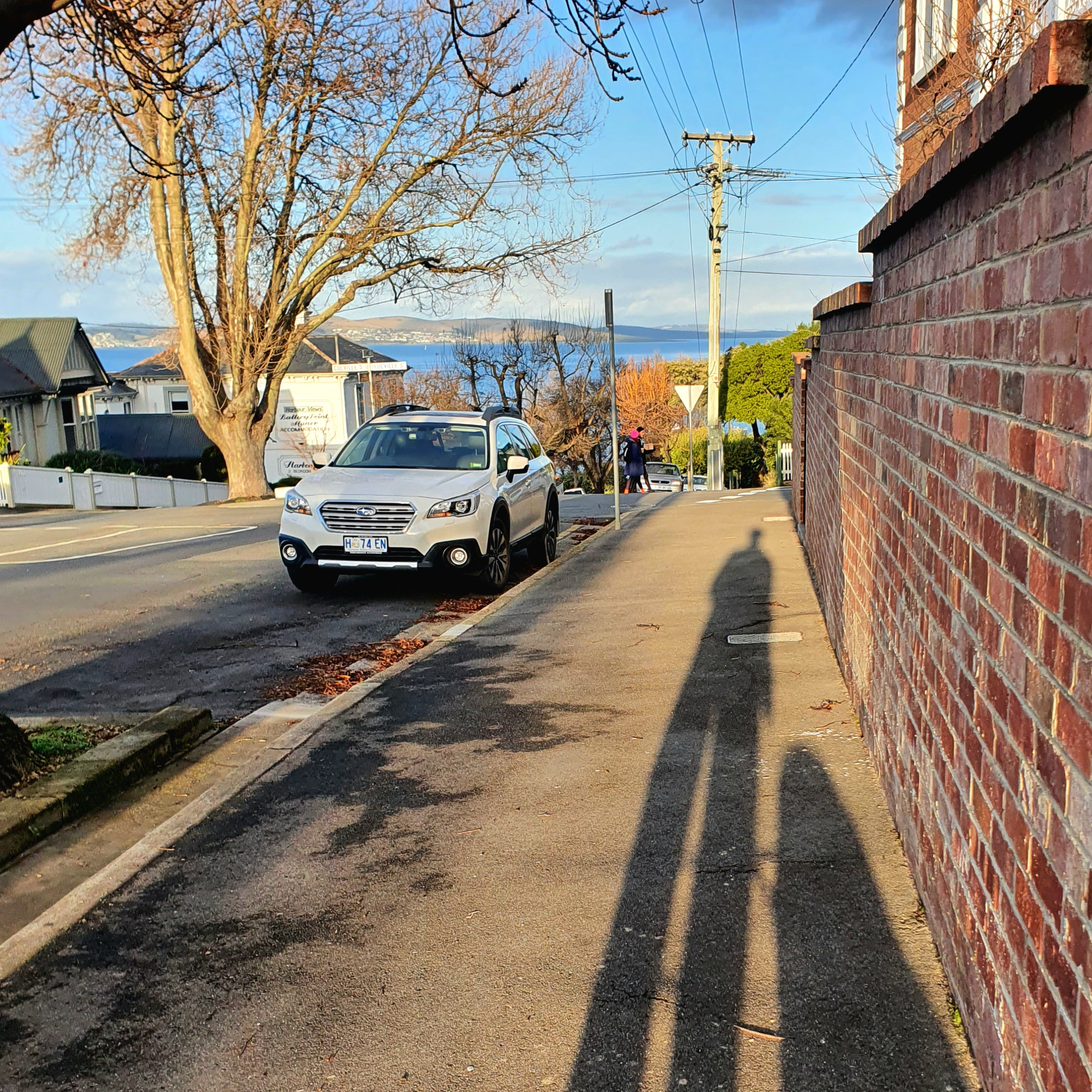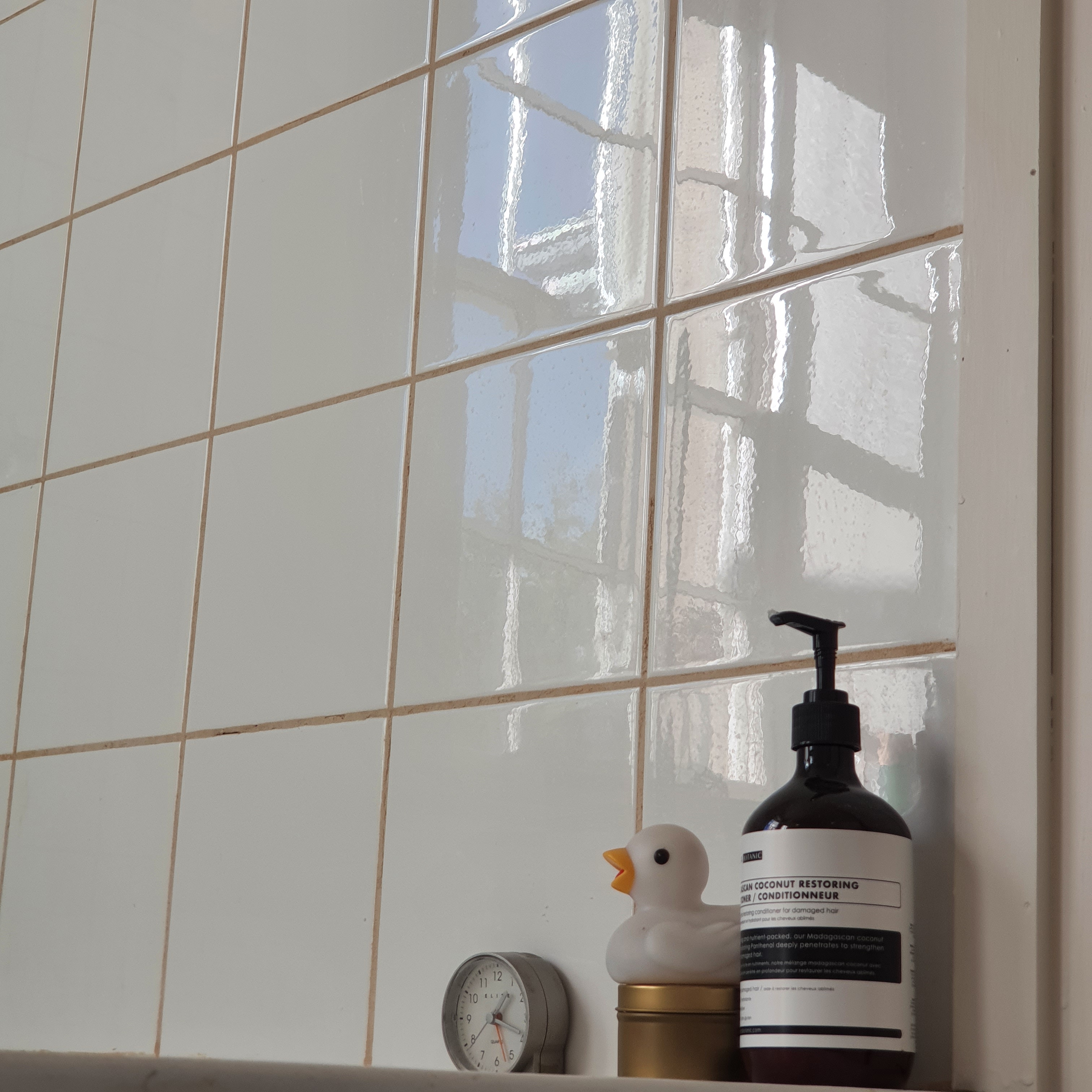departure

‘Hope and heartbreak live so close – side by side – in real life’.
Kate de Camillo
Eleven years ago, I began this blog as a dare. I dared myself to write about my daily life in a way that might resonate with others. I was in the hurly-burly years of my kids adolescence, and my husband had started travelling for work and increasingly pleasure. I needed somewhere I could hear myself think; a place where I could find out what I thought by writing it down; somewhere that I could see and be seen. Writing a blog post, I soon discovered, wasn’t the same as talking to a friend. It was – still is – a place to be straight with myself.
This may be why I’ve avoided writing this particular post. On several occasions this week, when I might have got my pen out, I didn’t. Even now, it’s easier to watch a young woman’s Tik Tok thread through the cafe window, than to assemble my thoughts on the page in front of me.
I knew that I’d find my ex-husband’s departure for Italy hard. For this reason, I made sure to do all the right things. We had a family dinner that went perfectly well. I set up for the end-of-lease clean of James’ rental; not because I’m a masochist but because the owner is a friend of a friend and I felt sure that I’d do a better job of it than James would. Besides, James still gives me housekeeping money, so it seemed right that I should support him domestically.
Earlier this week, I took James sandwiches after my lunch-time yoga class, for our monthly get-together. This time, the last time, the furniture was gone from his house, so we sat cross-legged on the wooden floor of his sunny back room. Then yesterday, the day of his flight, I dropped in to say goodbye, leaving more sandwiches for him and my son, who’d offered to take James to the airport.
On my way to drop off these last sandwiches, and to pick up the key of James’ house for the clean, I considered the ‘good’ in goodbye. But then, when it actually came time for a last hug, it was ‘good luck’ that came to my lips.
I never really knew what other people thought of my relationship to James until he and I broke up. While most of my friends have been politely guarded, others have not. The main charge made against James is that he’s a narcissist, a charge that sounds as damning and matter of fact as that he has grey hair and wears glasses. Whenever the matter of James’s selfishness comes up (a slightly milder charge than narcissism, but no less damning) I leave the conversation feeling lacking. I feel as if something as obvious as James’ blinding self-interest should have been clear to me when James and I started our relationship all those years ago. Was I so desperate for love, in my 20s, that I failed to notice this fatal flaw? Equally, shouldn’t I have predicted what would happen when we moved, en famille, from London to Melbourne and on to Hobart? Shouldn’t I have known that as James became more driven in his work, that he’d start dreaming about a better life in Europe that he’d be compelled to explore, taste and, ultimately, choose over a life with me?
But I didn’t know how our relationship would unfold, once we had kids and moved continents, any more than James did. Neither of us saw this ending coming. Even in retrospect, I feel that there were certain points in our marriage when things could have gone – am I’m being wishful? – in another direction.
I am not overtly religious. Still, I do find the concepts of grace and humility, before the sheer difficulty of life, helpful. Lately, I’ve fallen back on The Old and New Testaments to help explain my muddled feelings about James’ departure. When I’m feeling what I call Old Testament, I feel openly resentful of James leaving me in the lurch, well into middle age, with less money than I would have had if we’d stayed together. In this mood, I tell myself that James has been beguiled by a life-is-elsewhere, the grass-is-greener mindset. Except, of course, I don’t feel this way all the time. When I’m in what I call a New Testament mood, I feel compassion for James, me and our kids. In this mood, I think that 34 years is a long time to be in a relationship with one person, that no-one is to blame for our breakup, that our good times were real, and that there is no simple solution to a problem that can’t be solved, except perhaps to live the ‘good’ in goodbye.
I’ve never been great at ending relationships. If I loved someone when I was at school with them, I still love them now, even after all these years. Even so, the departure of James to Italy is a more powerful and intimate swerve than separating from a childhood friend. It’s raw and final in a way that I struggle to get my head around. Perhaps, right now, I just can’t.
In a way, separating from James has allowed me to love him more purely, as a person, than I was able to with the baggage of marriage and family life all around us. And I think James would say something similar. Ultimately, and this is the painful part, I think that James had to go through a period of hating me before he was able to leave me. This, for me, was the worst part of our separation. It felt public and shameful. But now that James is actually leaving, now that no-one is stopping him from going, he’s free to love me again. Not as he once did, which I know won’t return. But in another way – annoyingly, just as he said when he separated from me – somewhere between a sister and cousin.
In my Old Testament way of thinking, it seems against nature that James should leave his family to live in Europe, with yearly visits back to see us. How, I ask, can you love your kids and leave them? What an insane idea, I think bitterly. But then the mood passes, I push my cup of poison aside and am able to see James’s leaving with softer eyes. Then I know that he isn’t making this move with the intention of hurting anyone. Just as I know that I don’t want to be responsible for making him live somewhere that he doesn’t feel whole and that, for someone like him, born in Scotland, cultural roots go deep. I also know that life is short, that we only have one of them, and that family life isn’t the absolutely whole story.
So no, I don’t want James to miss his plane to Italy. And I do want him to feel at home when he arrives. I want him to click back in with friends who care about him, and who bring out the best in him. I want to picture him sitting outside at cafés with a laptop, black coffee and ashtray, his fingers tapping the keys.
Last night, after James’ flight left, I watched the last episode of Season 4 of Borgen through James’ Netflix account. Watching this Danish drama, over the last 10 days, has been painful. With each episode, the heroine became increasingly unhappy, to the point that she turned into someone I didn’t recognise, a power-hungry narcissist with little care for her colleagues or family. Thankfully – I won’t spoil it – in the last episode something happens to make the viewer realise that, as in real life, vital elements of the story had been held back, and that Birgitte hadn’t been corrupted by power after all.
Perhaps, I thought, as I clicked shut my laptop, feeling satisfied for the first time during my current viewing of Borgen, my own Season 2 is about to begin.

